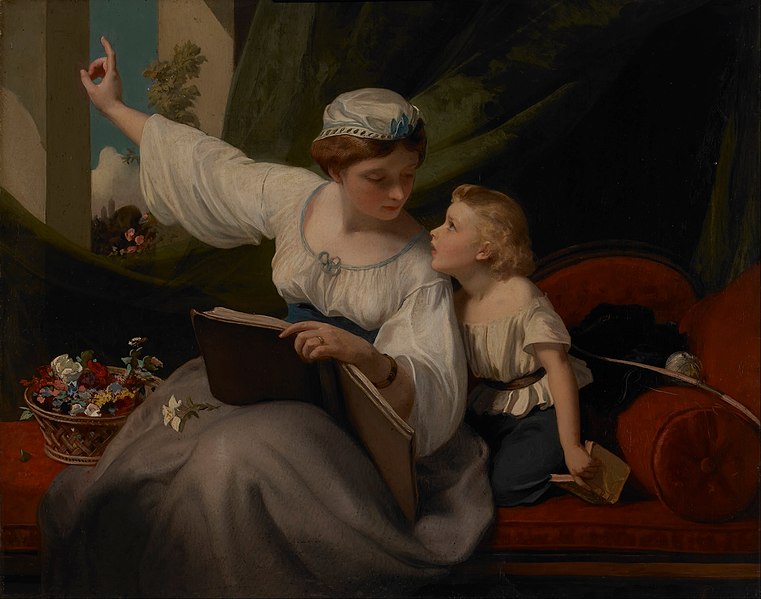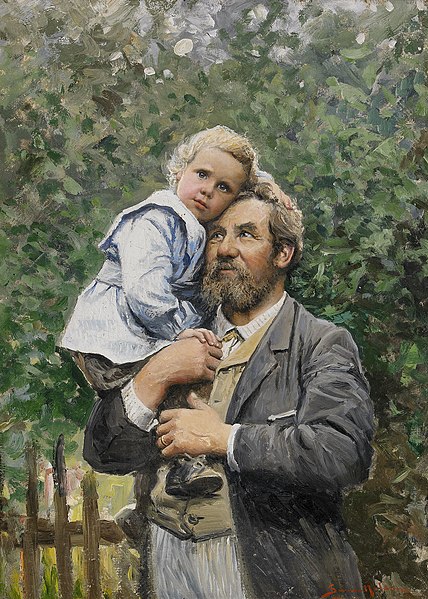For the life of me, I have no idea why my 17-month-old couldn’t sleep last night. Finally at 2:00 a.m., I brought him downstairs so my husband could get some sleep.
We rocked. I got him a cup of almond milk. We rocked some more. I turned on cartoons. I sang to him. I got him a snack, which he gobbled up. I gave him some water, and we rocked a million times more.
Was he still feeling sick? No, his ears and tummy seemed fine. Teething? Maybe. All I knew was he was fussy and just wouldn’t go back to sleep.
I started to half-ignore him, my patience wearing thin. I dutifully rocked him, sleepily browsing Facebook on my phone and trying not to snap. Nothing was helping him anyway!
Out of the blue, the Holy Spirit made me think of this scripture:
“…for I was hungry and you gave me food, I was thirsty and you gave me something to drink, I was a stranger and you welcomed me, I was naked and you gave me clothing, I was sick and you took care of me, I was in prison and you visited me.” Matthew 25:35-36
I began picturing Mother Mary rocking baby Jesus. Surely he was fussy or sick at times and she felt the same exhaustion!

To read about the rest of my challenging night that turned into a huge blessing, click here to visit The Fruitful Mama!Your Read More Link Text








